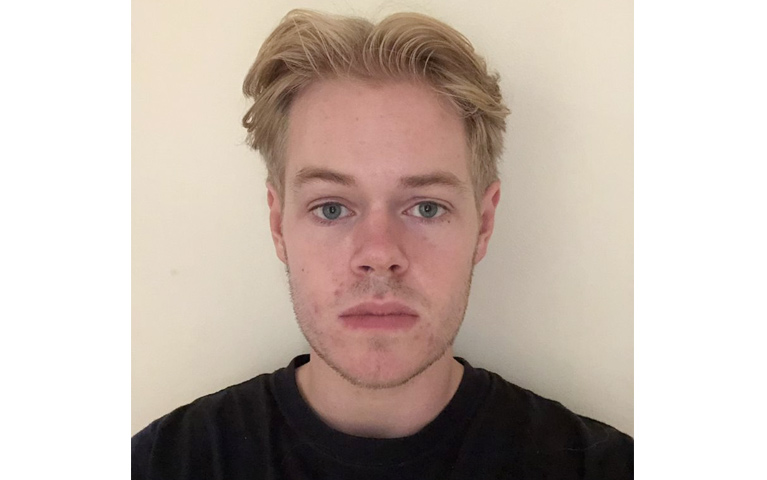Nathan Higginbotham
I will be working to develop advanced signal-processing and machine-learning techniques in order to extract complex signals from noisy antenna data.

1 January 2022
Project title: Determining the Neutrino Mass from Cyclotron Radiation Emission Spectroscopy
Research Group: High Energy Physics
Supervisor(s): Prof David Waters
Introduction:
I graduated from UCL with an MSci in Physics in 2022. My masters project consisted of developing a novel framework for ancient neutrino detection via CEvNS, where I was immediately acquainted with the joys and frustrations of research. Soon enough I realised that my growing passion for research was heavily conflicting with my existing plans and desire to enter industry, where the available opportunities seemed to lack the freedom and independence that a doctoral degree can provide. UCL's Centre for Doctoral Training in Data Intensive Science provided the solution to my dilemma, an overlap of the two pathways. The CDT not only provides me with the chance to explore and research two of my greatest interests, physics and data science, but also permits the industrial exposure that I long for, through both industry group projects and a six month placement at an industry partner. As a result, during my time at UCL I will be joining the Quantum Technologies for Neutrino Mass (QTNM) group and working to develop advanced signal-processing and machine-learning techniques in order to extract complex signals from noisy antenna data.
Project description:
Quantum Technologies for the Neutrino Mass is a new project at UCL which is exploring a novel method for measuring the neutrino mass, of fundamental importance to particle physics. We use quantum technologies to detect the very faint microwave emissions from beta-decay electrons in a magnetic trap, thereby determining very precisely the electron energy. Advanced signal-processing and machine-learning techniques will need to be developed to extract complex signals from noisy antenna data, in order to achieve our physics goals.
First year group project:
Placement:
 Close
Close

